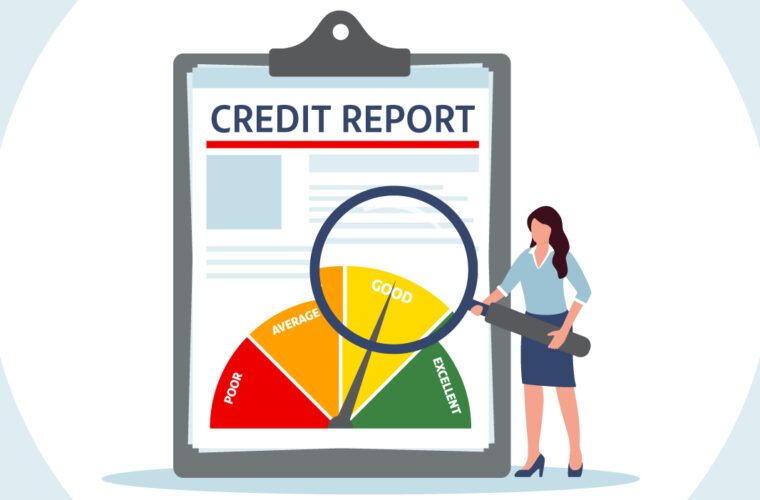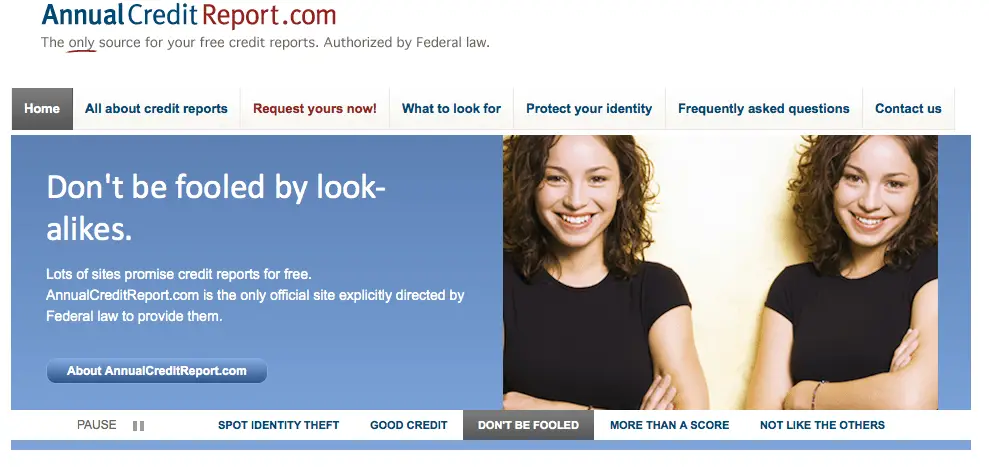In today’s financial landscape, your credit report plays a crucial role in many aspects of your life. From securing loans and credit cards to renting an apartment or even landing a job, your credit report can significantly impact your financial well-being. Despite its importance, many people overlook the necessity of regularly checking their credit reports. In this article, we’ll explore why keeping tabs on your credit report is essential and provide you with easy-to-follow tips to make it a habit.
Understanding Your Credit Report
Before diving into the importance of regular checks, let’s briefly explain what a credit report is. A credit report is a detailed summary of your credit history, including information about your credit accounts, payment history, and public records related to your financial behavior. In the United States, there are three major credit reporting agencies: Equifax, Experian, and TransUnion. Each agency maintains its own report, which may contain slightly different information.
Why Regular Checks Matter
1. Detecting Errors and Inaccuracies
Fact: According to a Federal Trade Commission study, one in five consumers had an error on at least one of their credit reports.
Regularly checking your credit report allows you to spot and correct any errors or inaccuracies. These might include accounts you don’t recognize, incorrect personal information, or outdated negative items that should have been removed. By identifying and disputing these errors promptly, you can prevent them from unfairly impacting your credit score.
2. Identifying Potential Identity Theft
Fact: The Federal Trade Commission received 1.4 million reports of identity theft in 2020, a 53% increase from 2019.
Your credit report can be an early warning system for identity theft. If you notice unfamiliar accounts or inquiries, it could indicate that someone is using your personal information to open fraudulent accounts. Early detection can help you take swift action to protect your credit and financial well-being.
What can I do if I am a victim of credit fraud?
What can I do if I am a victim of Identity Theft?
3. Understanding Your Financial Standing
Regularly reviewing your credit report gives you a clear picture of your financial health. You can see which accounts are in good standing, identify areas for improvement, and track your progress over time. This knowledge empowers you to make informed financial decisions and set realistic goals.
4. Preparing for Major Financial Decisions
Whether you’re planning to buy a home, finance a car, or apply for a new credit card, knowing what’s in your credit report beforehand can help you prepare. You’ll have time to address any issues and potentially improve your credit score before making significant financial moves.
5. Ensuring Accuracy for Potential Employers
Fact: According to a 2018 HR.com report, 95% of employers conduct some type of background screening on job candidates.
Some employers may check your credit report as part of the hiring process, particularly for positions involving financial responsibilities. Regular checks ensure that the information potential employers see is accurate and up-to-date.
Easy-to-Follow Tips for Checking Your Credit Report
Now that we understand why regular checks are crucial, let’s look at some simple steps you can take to make this a habit:
1. Take Advantage of Free Annual Reports
Tip: Visit AnnualCreditReport.com to access your free reports.
By law, you’re entitled to one free credit report from each of the three major credit bureaus every 12 months. Due to the COVID-19 pandemic, free weekly online reports are available through December 2023.
Action Step: Set a reminder to download your free reports at least once a year.
2. Stagger Your Requests
To maintain year-round vigilance, consider requesting a report from a different bureau every four months. This way, you’re checking your credit three times a year without any cost.
Action Step: Mark your calendar with dates to request reports from each bureau.
3. Use Credit Monitoring Services
Many banks and credit card companies offer free credit monitoring services. These can alert you to significant changes in your credit report in real-time.
Action Step: Check if your bank or credit card provider offers free credit monitoring and sign up if available.
4. Set Up Fraud Alerts
For added protection, you can place a free fraud alert on your credit reports. This requires potential creditors to verify your identity before granting credit in your name.
Action Step: Contact one of the three credit bureaus to set up a fraud alert (it will be shared with the other two automatically).
5. Learn to Read Your Credit Report
Familiarize yourself with the layout and content of your credit report. Understanding what you’re looking at makes it easier to spot discrepancies.
Action Step: Use the FTC’s guide on how to read your credit report as a reference.
6. Act Promptly on Discrepancies
If you find errors, file a dispute with the credit bureau immediately. You can typically do this online, by mail, or over the phone.
Action Step: Bookmark the dispute pages for Equifax, Experian, and TransUnion for quick access when needed.
7. Keep Personal Information Updated
Ensure your personal information (address, name, etc.) is current with your creditors to avoid mix-ups on your report.
Action Step: Make a list of your creditors and update your information with them whenever you move or change your name.
8. Be Consistent
Make checking your credit report a regular part of your financial routine, and make it a priority, just like paying bills or reviewing bank statements.
Action Step: Set a recurring reminder on your phone or calendar to review your credit report.
Regularly checking your credit report is a simple yet powerful tool for maintaining your financial health. It helps you catch errors, prevent fraud, and stay informed about your credit standing. By following the easy steps outlined above, you can make credit report checks a hassle-free part of your financial routine.
Remember, your credit report is a reflection of your financial life. By keeping a vigilant eye on it, you’re taking an active role in shaping your financial future. Start today, and you’ll be on your way to better credit health and increased financial security.





